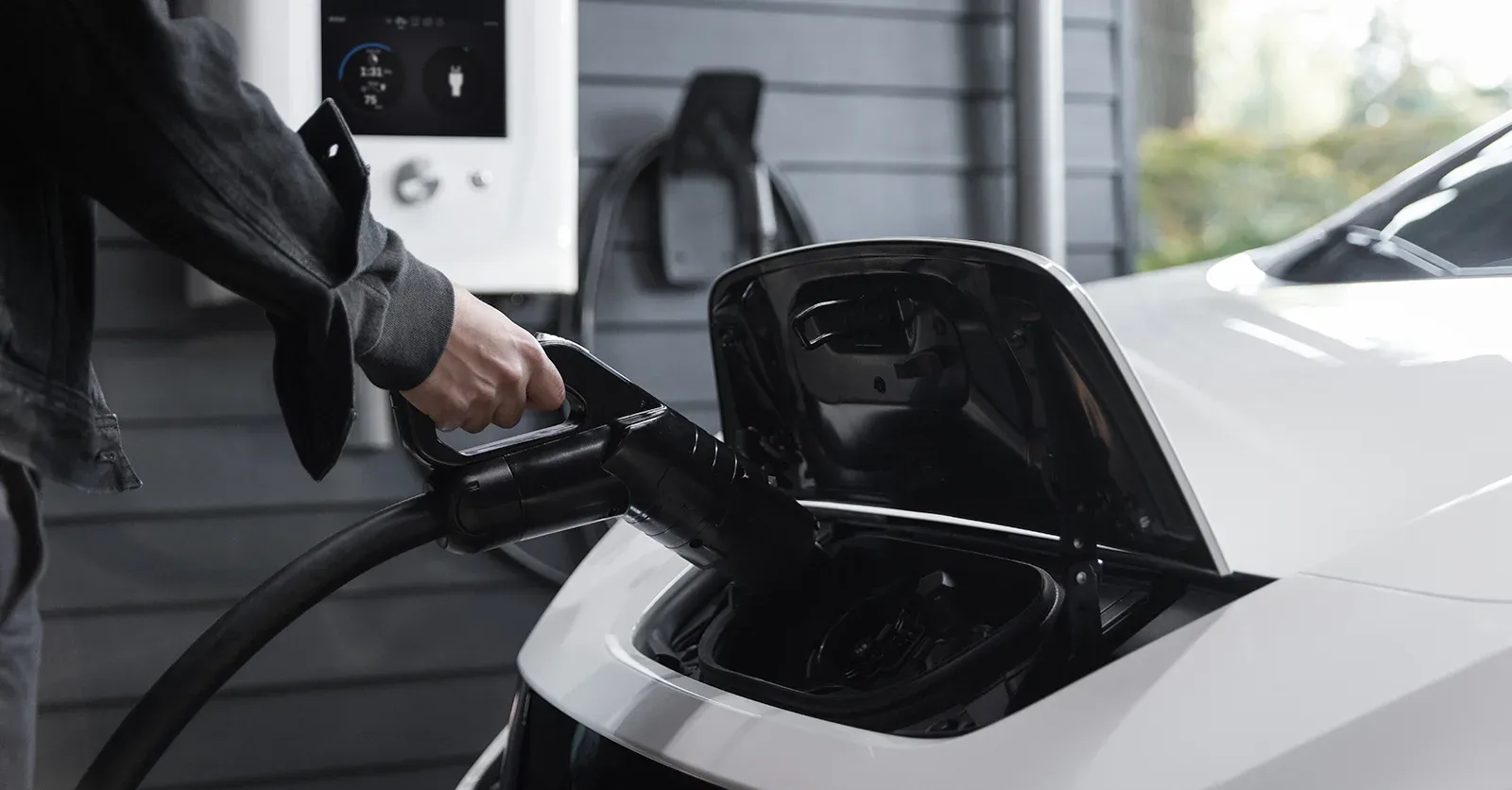EVs Had a Year to Forget and 2023 May Not Be Much Better


As a high-growth, risk-on sector, companies that are in the business of producing electric vehicles (EVs) had an extremely challenging year. Tesla (TSLA:US), the world’s largest EV maker, lost two-third of its market shares’ value in 2022 - its biggest annual drop ever.
Smaller companies recorded an even worse performance. Rivian (RIVN:US) shares lost just over 80% in 2022 after closing at $18.43 per share. The US-based EV maker went public in November 2021 and traded as high as $179.47. Lucid Group (LCID:US) also saw its shares fall by over 80%.
Similarly, the three biggest China-based startups - Nio (NIO:US), XPeng (XPEV:US), and Li Auto (LI:US) also witnessed a sharp plunge in their shares as the rising interest rate environment weighed on their valuations. Moreover, these companies suffered from supply issues as China fought several significant Covid-19 outbreaks.
Hence, practically all investors who invested in EVs in 2021 and 2022 suffered steep losses. Several Congress members were attempting to find a bottom in Tesla shares as the stock plunged nearly 70% from September 2021.
Elsewhere, Congresswoman Marie Newman, and her colleagues Aston McEachin, Jim Langevin, and Ro Khanna were all buying shares of Rivian at high prices.
Rep. Khanna was also investing in Lucid Group, buying shares on May 23 and November 2 when the stock closed at $18.40 and $13.34 per share, respectively. Lucid stock closed the year of 2022 at $6.83.
As far as China-based EV startups are concerned, Congressman Tom Suozzi was investing in Nio in Q4 of 2020 when the stock was trading in the region of $20 per share. Nio stock closed the year at $9.75.
